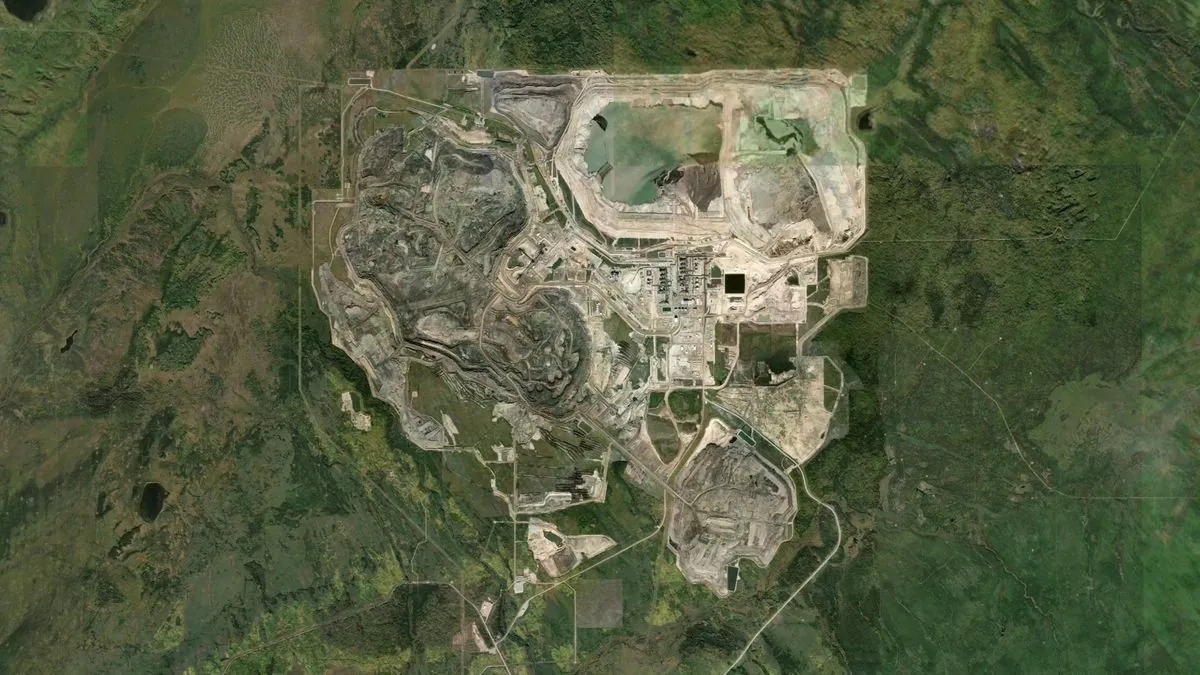Alberta Regulator Fines Imperial Oil for Toxic Leak at Kearl Mine
Alberta Energy Regulator penalizes Imperial Oil C$50,000 for toxic tailings leak at Kearl oil sands mine. Company must submit reports on seepage mitigation and potential impacts of industrial wastewater release.

The Alberta Energy Regulator (AER) has taken action against Imperial Oil for a prolonged toxic tailings leak at its Kearl oil sands mine. The regulator imposed a C$50,000 (approximately $36,765) administrative penalty on the company and mandated the submission of two crucial reports.
Imperial Oil, majority-owned by Exxon Mobil, is required to produce reports on seepage mitigation and monitoring, as well as the potential impacts of industrial wastewater release. This decision comes in response to a toxic tailings leak that began in May 2022 but only came to light in February 2023 when the company reported a separate incident.
Tailings, a byproduct of oil sands extraction, consist of water, silt, residual bitumen, and metals. The Athabasca oil sands in Alberta, where the Kearl mine is located, represent the world's largest known reservoir of crude bitumen. This region has been home to indigenous communities for millennia, and the leak has raised concerns among local populations who rely on downstream lands for hunting and fishing.

The AER's initial investigation findings reveal that a shallow subsurface route from on-lease industrial wastewater sources bypassed the existing deep groundwater seepage prevention system, leading to the tailings release. Despite the leak's duration, the regulator reports no observed impacts on fish, amphibians, or other wildlife thus far. However, the investigation is ongoing.
"No impacts to fish, amphibians or other wildlife have been reported so far."
This incident highlights the environmental challenges associated with oil sands operations, which include water usage concerns and greenhouse gas emissions. The Canadian government has set targets for reducing emissions from the oil and gas sector, recognizing the industry's significant economic contribution while addressing its environmental impact.
The Kearl mine incident underscores the importance of effective monitoring and prevention systems in oil sands operations. As reclamation of oil sands sites is a long-term process, incidents like this emphasize the need for stringent environmental safeguards and transparent reporting to protect local ecosystems and communities.


































